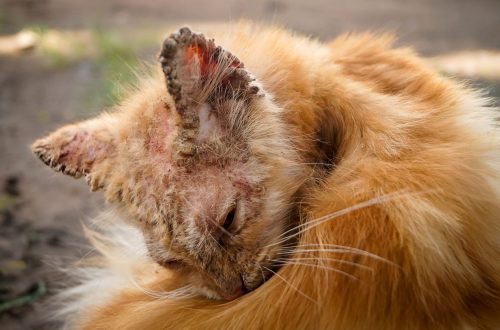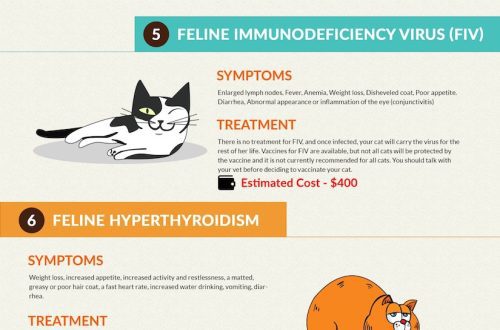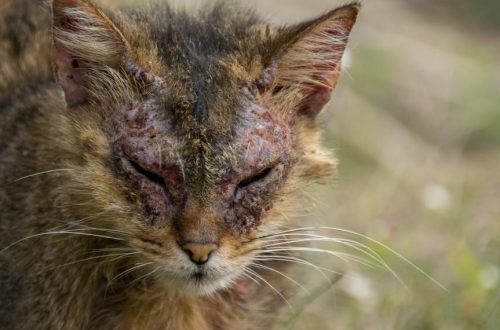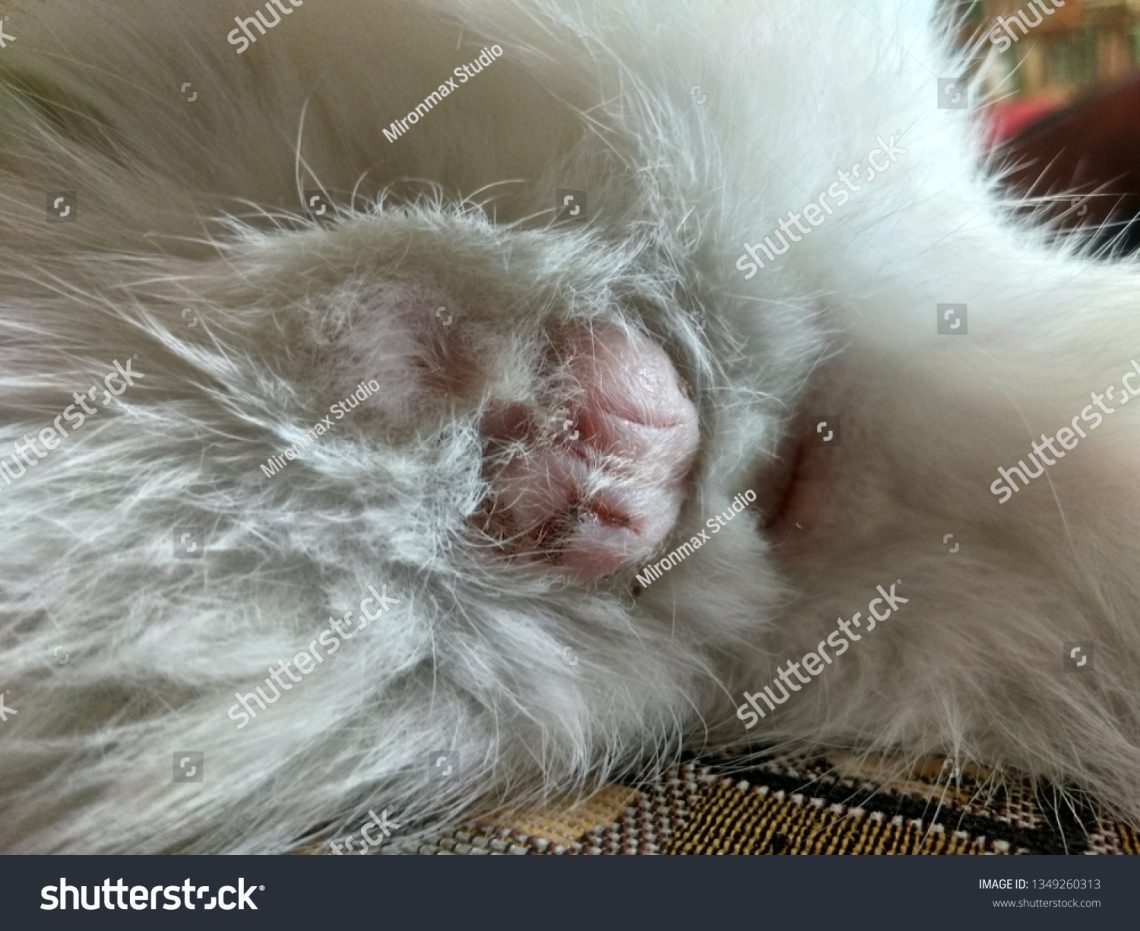
Castration of a cat
Contents:
- What is cat castration?
- Castration of a cat: pros and cons
- Castration of the house floor
- How cats are castrated
- How much does it cost to castrate a cat
- At what age should a cat be castrated?
- Preparing a cat for castration
- How long do cats recover from anesthesia after castration
- How long does a cat move away from castration
- cat after castration
- Caring for a cat after castration
- How long to wear a collar after castration of a cat
- Is it possible to give pills to a cat instead of castration?
- Is it possible to castrate a cat without removing the testicles?
- Why does a neutered cat climb on a cat?
Contents
- What is cat castration?
- Castration of a cat: pros and cons
- Castration of the house floor
- How cats are castrated
- How much does it cost to castrate a cat
- At what age should a cat be castrated?
- Preparing a cat for castration
- How long do cats recover from anesthesia after castration
- How long does a cat move away from castration
- cat after castration
- Caring for a cat after castration
- How long to wear a collar after castration of a cat
- Is it possible to give pills to a cat instead of castration?
- Is it possible to castrate a cat without removing the testicles?
- Why does a neutered cat climb on a cat?
What is cat castration?
Castration of a cat is a planned operation to remove the testicles by surgery, as a result of which the reproductive function and the production of male sex hormones cease. In other words, as a result of castration, the cat completely loses the ability to reproduce.
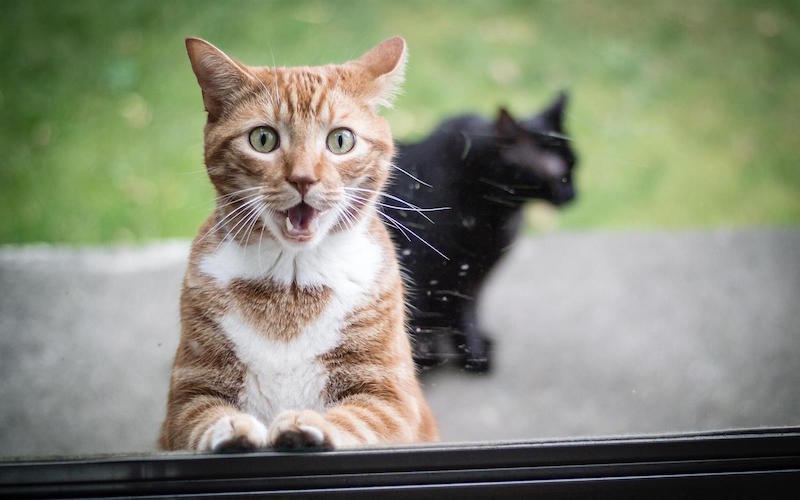

Photo Shoot:img3.goodfon.ru
Castration of a cat: pros and cons
Many owners, before making a decision, carefully weigh the pros and cons of castrating a cat. To help you navigate, we offer a look at the pros and cons of castrating a cat.
Pros of neutering a cat
- The main advantage of cat castration is the complete and final elimination of sexual instincts and hunting.
- Cats stop marking territory.
- In most cases, after castration, cats become more docile and calm.
Disadvantages of cat castration
- Increased tendency to become obese
- The risk of developing urolithiasis increases.
Castration of the house floor
Some owners are interested in whether it is possible to castrate a cat at home. Many clinics offer a similar service with a doctor’s visit to your home. Castration of a cat is a fairly simple operation, so it can be done at home. However, risks still exist – for example, anesthesia, so any surgical intervention is best done in the clinic.




Photo: pinterest.ru
How cats are castrated
Many owners, before deciding on an operation, would like to know how cats are castrated.
How is the castration of cats? The cat is castrated under general anesthesia.
Before the cat castration operation, an examination of the animal is mandatory, including temperature measurement, visual assessment of the external condition, pulse, respiratory rate, listening to the heartbeat, assessment of the color of the mucous membranes.
The next stage of the cat castration operation is sedation – the introduction of drugs that help make it easier to endure the operation and anesthesia.
After premedication, the cat is put into anesthesia.
After that, the cat castration operation itself takes place. There are several ways to castrate a cat, but the most common is the removal of the testicles.
The operation to castrate a cat can be carried out in a closed and open way. The differences are that with the open method, the vaginal membrane is cut and the testicles are removed, and with the closed method, it is not cut. The open method allows you to tie the cord to the anatomical node without suture material, the closed method does not allow the use of the anatomical node, only ligation.
This method of castrating a cat is optimal, but there are other ways.
For example, sometimes a chemical method of castration of cats is used. This method of castration of cats is divided into several types: irradiation, exposure to radiation but the genital organs of a male, as well as medical castration of a cat: preparations based on megestrol acetate are injected into the animal’s body by injection or in the form of tablets.
Owners are interested in the question of how long the castration of a cat lasts. On average, castration of a cat lasts about 20 minutes.
How much does it cost to castrate a cat
Many owners ask how much it costs to castrate a cat.
In Belarus, the cost of castrating a cat is 40-50 rubles.
In Russia, castration of a cat costs 1500 – 2500 rubles.
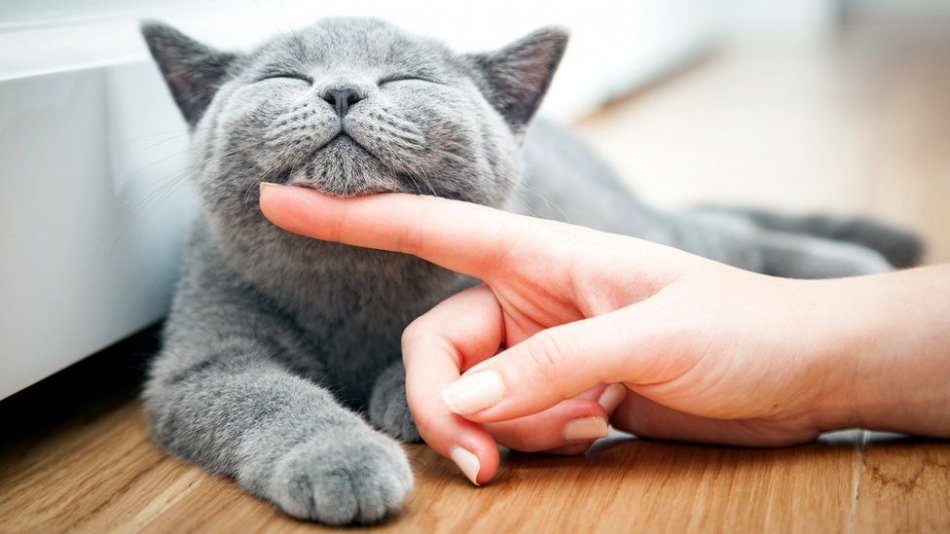



Фото:pxhere.com
At what age should a cat be castrated?
Another common question: “At what age should a cat be castrated?”
When asked when it is better to castrate a cat (age), veterinarians now most often answer that the optimal age for castrating a cat is 6 months. The operation to castrate a cat should not be carried out earlier for a number of reasons:
- Physiologically, the body is formed by 6 months, despite the fact that full formation occurs by 1 year.
- With earlier castration, the cat’s urethra is not formed and this can lead to urolithiasis.
Many are also interested in the question “Up to what age can a cat be castrated?” Often veterinarians say that a cat can be castrated up to 7 years. If the cat is older, castration is possible, but before the operation it is necessary to carefully check the state of his health and pass additional tests. Anesthesia is a serious test for cats, and if a young cat tolerates surgery quite easily, then the older the cat, the higher the risk of complications.
Before you castrate a cat older than 7 years, you need to check how his liver, kidneys, lungs and hearts function, do a complete urine and blood test, as well as an immunogram, make sure that there are no serious sluggish diseases. The cat must be vaccinated.
Preparing a cat for castration
Responsible owners worry about how to prepare a cat for castration. Everything is not so difficult. Castration of a cat is a simple operation that does not require special complex preparation. The only preparation for castration is a starvation diet for 12 hours. You can leave water.
How long do cats recover from anesthesia after castration
How cats recover from anesthesia after castration depends on many factors, mainly the age and physiological state of the animal. Age plays a big role: the older the cat, the longer the period of recovery from anesthesia.
How long do cats recover from anesthesia after castration? Usually the effect of the drug lasts from 2 to 12 hours. During the day, the drug is completely excreted from the body. Choleric cats recover from anesthesia faster after castration.
In some cases, cats after castration may not want to eat for the first two days, but it is important that the cat drinks water while doing this. You don’t need to force feed him.
Important signs of a cat’s condition after castration, in which you should immediately contact a veterinarian:
- If your furry lies still for more than 7 hours, does not respond to stimuli and does not try to get up.
- If you notice rapid breathing and palpitations, the heart rate is knocked down, breathing is shallow, intermittent, uneven.
- The cat does not go to the toilet in a small way or, when trying to urinate, is nervous and screams.
In all these cases, you should immediately consult a doctor!
How long does a cat move away from castration
Popular question: how long does it take for a cat to be neutered?
After castration, the cat returns to normal on the 4th – 5th day, the wounds heal completely on the 10th – 14th day.




Фото:pxhere.com
cat after castration
Naturally, each owner is interested in what happens to the cat after castration.
How does a cat behave after castration?
After castration, the cat may not behave quite normally. Features of the behavior of a cat after castration are as follows:
- In the first 5 – 6 hours after castration, the cat does not behave calmly. The animal may meow (a sign that it is recovering from anesthesia). During this period, it is important to provide a calm environment and let the pet sleep.
- On the 4th – 5th day after the castration of the cat, a sharp change in behavior is observed, there may be a shock. This state will pass.
- On the 7th – 10th day after castration, the cat’s behavior returns to normal, and he begins to behave as usual.
It is important to pay attention to the behavior of the cat after castration. Any behavior that alarms you should be taken as a reason to contact the veterinarian.
How to feed a cat after castration
Owners ask how and what to feed a cat after castration, when it is possible to feed a cat after castration, and also why the cat does not eat after castration.
If the cat does not eat the first two days after castration, this is normal. If the cat refuses to eat for more than 3-4 days after castration, you should contact your veterinarian.
How and what to feed a cat after castration, if the appetite is still preserved? It is better to feed the cat soft food for a while. Well suited pastes for cats, intended for feeding in the postoperative period. In the first days after castration, it is important not to overfeed the cat. It is better to feed more often, but in small portions, so as not to provoke vomiting and constipation.
Another popular question: why do cats get fat after castration? It is important to remember that after castration, the cat’s metabolism changes – it slows down. In most cases, cats after castration become calmer, the level of activity decreases, sleep time and appetite increase, and mobility, on the contrary, decreases. Against this background, the risk of obesity increases. And obesity, in turn, affects health: against the background of obesity, diabetes, heart and kidney failure, and liver problems can develop. Therefore, it is so important to carefully monitor the feeding and balance of the cat’s diet after castration.
Cat marks after castration
Many owners are interested in whether the cat marks after castration, and what to do if the cat still marks after castration.
If the operation is carried out at an early age, then the unequivocal answer is: the castrated cat will not mark. However, there are times when the cat continues to mark in the house after castration.
Sometimes this is due to the fact that not enough time has passed since the castration of the cat for the hormonal background to change.
If an older animal underwent surgery, then the cat may continue to mark after castration. In this case, the neutered cat marks not against the background of hormones, but as a result of a formed bad habit.
If an adult cat has managed to mate with a cat, sex hormones begin to produce not only the testes, but also the adrenal glands, as well as the pituitary gland. And if other cats live in the house, the neutered cat may continue to mark.
If a castrated cat marks, there is also a possibility that the operation was performed incorrectly: for example, the cat is a cryptorchid, and the doctor treated the operation in bad faith or, due to inexperience, did not remove the testicle that was not lowered into the scrotum.
Also, a cat after castration may continue to go to the toilet past the tray due to the development of urolithiasis, in which case the owners confuse dysfunction of the genitourinary system and problems with urination with the labeling process.
What to do if the cat marks after castration?
First of all, contact your veterinarian, who will find out if the causes are related to health, and if so, will recommend methods of treatment.
If the cause of a castrated cat is due to behavioral problems, the cause should be identified and addressed. You may need to contact a zoopsychologist who can help you.
Caring for a cat after castration
Castration of a cat is still an operation, albeit a rather simple one. Therefore, the cat in the first days after castration needs postoperative care.
For at least an hour after castration, the cat must remain under the supervision of a doctor. This will make sure that he will normally recover from anesthesia and there will be no complications in the form of respiratory or cardiac arrest.
In the first days after the castration of the cat, keep the veterinarian’s phone number nearby so that if complications arise, seek help as soon as possible.
It is necessary to transport a cat after castration in a special carrier. Lay a warm diaper on the bottom to absorb moisture. From above, cover the cat with another diaper and, if possible, put a heating pad next to it (from the back, as if you put it close to the incision site, this can lead to bleeding). It is better not to transport the cat after castration by public transport – this will become a source of additional stress.
Caring for a cat in the first days after castration at home is extremely important. Lay your pet on a warm bed, put a heating pad. The cat should be away from drafts. Place a bowl of water next to it.
For the first 8 to 16 hours after castrating a cat, pay attention to his heartbeat and breathing rate.
In the first hours after anesthesia, the cat’s body temperature may decrease – this is normal. If the temperature of the cat does not return to normal after 24 hours, this is a reason to sound the alarm.
An important part of caring for a cat after castration is the treatment of a postoperative wound. Check your groin area and stitches every day for bleeding. 1 – 2 times a day, treat the seam with hydrogen peroxide and lubricate with brilliant green. Improves healing ointment “Levomekol”.
Licking the wound after castration can lead to rupture of the seam, so it is better to put a postoperative collar on the cat.
Sometimes, especially in the warm season, the veterinarian prescribes a course of antibiotics to the cat after castration (up to 5 days).
If you think that the cat after castration is behaving abnormally or not feeling well, contact your veterinarian as soon as possible! Better to be safe once again.




Photo: pinterest.ru
How long to wear a collar after castration of a cat
The collar after castration of the cat must be worn until the complete healing of postoperative wounds.
Is it possible to give pills to a cat instead of castration?
All pills have a detrimental effect on the body, have a detrimental effect on internal organs and cause a risk of developing oncology. So it is better not to give the cat pills instead of castration.
Is it possible to castrate a cat without removing the testicles?
There are methods of cat castration in which the testicles remain. However, castration of a cat without removing the testicles is only advisable for show animals.
Why does a neutered cat climb on a cat?
If a castrated cat climbs on a cat, most likely, this is just a manifestation of dominance.





